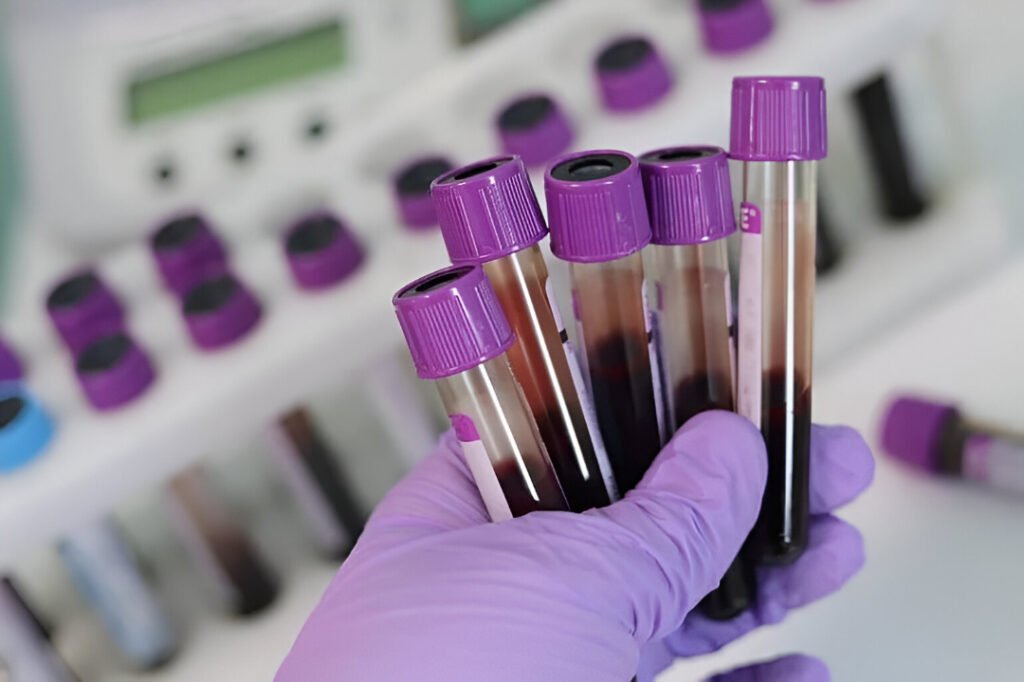
Millions of lives are affected by a stroke every year worldwide. It has been reported by the World Health Organization (WHO) that almost 15 million people have a stroke every year. Of them, about 5 million die, and 5 million are permanently disabled. It’s a lethal health emergency that can hit without warning—and although we’re familiar with usual suspects such as high blood pressure, smoking, and diet, recent studies suggest a contributor you may not have even thought about: your blood type.
A Surprising Connection Between Stroke and Blood Type
In a recent study by researchers at the University of Maryland School of Medicine (UMSOM), researchers found a surprising association between blood type and early-onset stroke, defined as strokes that take place before age 60. The findings, published in the journal Neurology, suggest that your blood type could play a small but measurable role in determining your stroke risk—especially if you’re younger.
What Exactly Is a Stroke?
Simply put, a stroke happens when the brain doesn’t get enough blood. This can happen in two main ways:
• Ischemic stroke: Caused by a blockage in a blood vessel (this is the most common, making up nearly 87% of all strokes).
• Hemorrhagic stroke: Caused by bleeding in the brain.
The UMSOM study focused primarily on ischemic strokes, which are more prevalent and typically linked to issues like blood clots and artery blockages.
What the Study Found

The research team analyzed data from 48 previous genetic studies, covering 17,000 people who experienced early strokes and nearly 600,000 individuals with no stroke history. The goal was to look at inherited genetic traits, including blood type, to see if any patterns emerged.
Here’s what they discovered:
• People with blood type A were 16% more likely to suffer an early stroke compared to those with other blood types.
• Those with blood type O had a 12% lower risk of early stroke.
• Group B blood was also marginally more prevalent in early and late stroke patients than in individuals who never suffered a stroke.
Surprisingly, this association between blood type and stroke was much weaker in individuals above 60, and it may be that the factor of blood type is more pertinent to younger adults.
Should You Be Worried?
Not necessarily. Experts are adamant that even though the figures reveal a statistical link, the heightened risk for type A blood isn’t dramatic enough to warrant panic. Being aware of your blood type does not mean you have to dash for stroke tests or be alarmed more than others.
Rather, researchers state this discovery leaves the door open to more studies. They think the connection could be due to something such as blood-clotting proteins, platelet function, or even the way blood vessels respond in various people. As a matter of fact, previous studies already suggested that individuals with blood type A might also be more prone to deep vein thrombosis (DVT)—an illness also associated with blood clots.
The Bigger Picture: What You Can Control

It’s worth keeping in mind that although you can’t modify your genes or your blood type, you can have a say in many other stroke risk factors. Physicians still maintain that the optimal way to defend yourself remains a healthy lifestyle:
· Monitor your blood pressure.
· Quit smoking
· Eat a nutritious diet.
· Exercise regularly.
· Control cholesterol and blood sugar levels.
· Stay Safe
This new study is a reminder of how complex and fascinating our bodies are—and how even something as basic as blood type might affect our health in unexpected ways. As research continues, we’ll learn more about how these subtle genetic differences shape our risks.
But for now, the takeaway is simple: No matter what your blood type is, living well is still your strongest defense against stroke.







